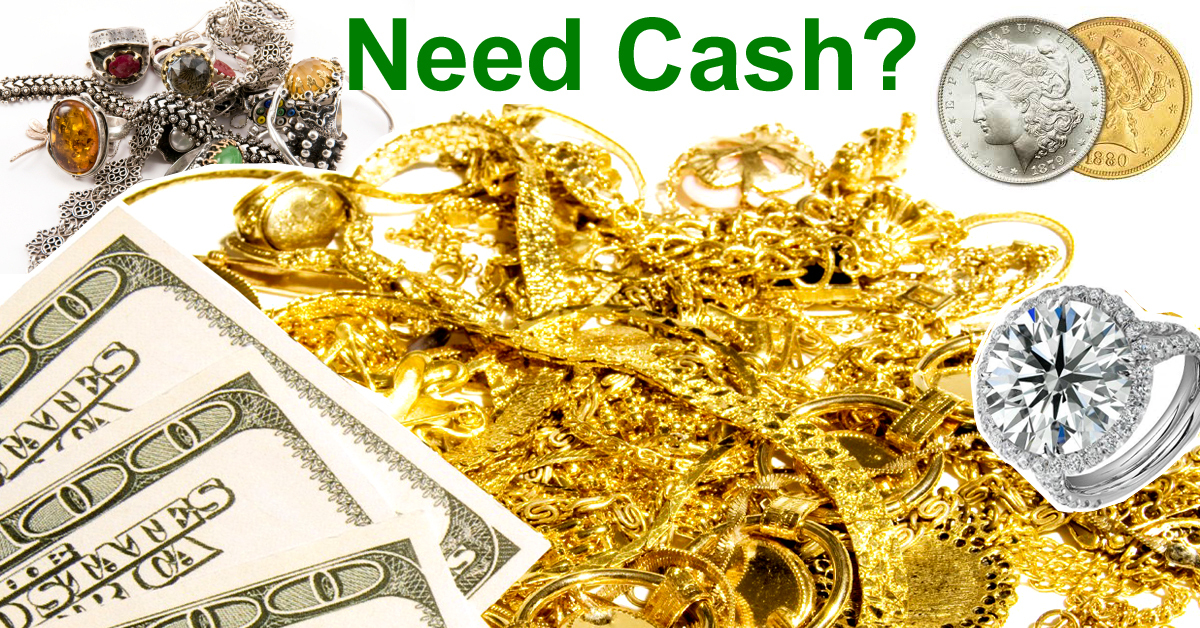Steering the Complexities of Transacting Gold to Purchasers in a Competitive Marketplace
Steering the Complexities of Transacting Gold to Purchasers in a Competitive Marketplace
Blog Article
Selling gold can be a rewarding venture, but it also comes with its own array of challenges. In a fierce market, understanding how to navigate the transaction process is crucial for securing the best price for your gold. Whether you are selling jewelry, coins, or bars, knowing the appropriate measures to take can help you maximize your returns. This guide will explore the critical elements to take into account when transacting precious metals, including industry trends, appraisal, and finding the right buyers.
One of the first things to evaluate when offloading gold is the current market trends. Precious metals prices fluctuate based on multiple factors, including economic conditions, price increase rates, and global demand. Keeping an watch on these trends can help vendors determine the best moment to sell. For example, if the value of precious metals is high, it may be a good chance to sell. On the other hand, if prices are diminished, it might be wise to wait until they increase. Investigating market trends can provide valuable insights and help vendors make informed decisions.
Appraisal is another important aspect of transacting gold. Before placing assets on the market, it is essential to understand its worth. This involves comprehending the purity of the gold, which is assessed in fineness, and the weight of the piece. Sellers should think about getting their gold appraised by a certified expert to guarantee they have an accurate valuation. An appraisal can provide a clear understanding of the asset's current value, which can help in negotiations with prospective buyers. Knowing the value of the assets can also stop vendors from accepting bids that are too low.
Finding the right clients is essential in a competitive market. There are various choices available for selling precious metals, including pawn brokers, digital marketplaces, and specialized gold clients. Each option has its advantages and cons. For example, pawn brokers may offer quick cash but often at lower valuations, while online platforms can provide access to a broader clientele but may require more effort to market and sell the assets. It is important for vendors to research potential clients and choose the one that matches with their selling objectives. Building relationships with trustworthy clients can also lead to better bids and a smoother transacting process.
When selling precious metals, it is also important to be aware of the regulatory and ethical factors involved. Sellers should make sure that they are complying with regional regulations regarding the transaction of precious metals. Additionally, being transparent about the state and history of the assets can build confidence with clients. Ethical transacting practices not go right here only safeguard the seller but also add to a favorable reputation in the industry. This can result to repeat transactions and referrals, which are important in a competitive landscape.
In summary, transacting gold in a competitive market requires thoughtful planning and evaluation. By remaining aware about market trends, comprehending the valuation of gold, locating the right clients, and adhering to regulatory and ethical guidelines, vendors can navigate the challenges of the gold industry successfully. With the appropriate strategy, selling precious metals can be a rewarding venture that meets the seller's financial requirements.